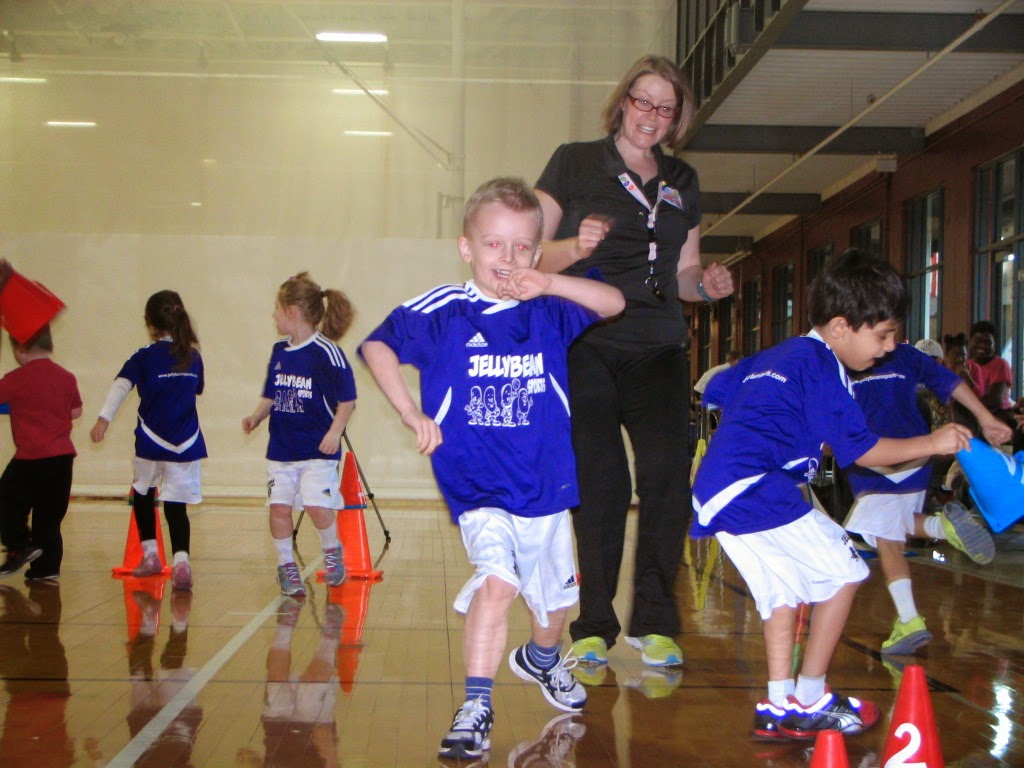Teaching Skills and Techniques Are Only 5% of Sports Coaching | Dr. Bradley J. Kayden
 |
| "Teaching skills and techniques is only 5 percent of the job" |
Coaching is teaching. However according to Robert Ferraro, founder and CEO of the National High School Coaches Association, "Teaching skills and techniques is only 5 percent of the job."
So what is the other 95% of coaching?
Ferraro goes on to say, "The best coaches have a good mind for business and people skills."
How do we establish a good business mind and people skills?
Of course, there are many different business and human relations philosophies making it possible for any number of theories to be considered.Stephen Covey
Stephen Covey had been for many decades, before his death, a proponent figure in business. His work is well regarded with maybe the most being his "Seven Habits of Highly Effective People." It has served as a benchmark for helping generations of managers achieve effective performance. Included within it are active components for building interdependence or principles for working well with others.As a starting point, Covey's "Seven Habits" might be a baseline for developing the principles Ferraro say the best coaches have, a good mind for business and people skills.
Covey's "Seven Habits" framework breaks down into three parts
- Finding Independence
- Building Interdependence
- Continuous Improvement
Finding Independence
The first three habits involve understanding the benefits of moving from dependence to independence (i.e., self-mastery):
Habit 1: Be proactive
Take initiative. Realize your decisions (and how they align with your life's principles). These are the primary determining factor for effectiveness in your coaching. Along with this it is necessary to take responsibility for your choices and the consequences that follow.
Habit 2: Begin with the end in mind
Self-discover and clarify your
deeply important character values and life goals. Envision the ideal
characteristics for each of your various roles and relationships in life and in your sports coaching.
A sports coach is a manager who must
manage his own person. Personally. And coaches should implement activities that
aim to reach the second habit. Covey says that rule two is the mental creation;
rule three is the physical creation.
Interdependence
The next three habits talk about building interdependence (e.g. working with others):
Genuine feelings for mutually
beneficial solutions or agreements in your coaching relationships with players and peer coaches. Value and
respect people, young and old, by understanding a "win" for all is
ultimately a better long-term resolution than if only you get your way.
Use empathic listening to be
genuinely influenced by a person, which compels them to reciprocate the
listening and take an open mind to being influenced by you. This creates an
atmosphere of caring, and positive problem solving.
Combine the strengths of players
through positive teamwork, so as to achieve goals no one person could have done
alone.
Continuous Improvements
The final habit is that of continuous improvement in both the personal and interpersonal spheres of influence.
Balance and renew your resources,
energy, and health to create a sustainable, long-term, effective coaching
approach. It primarily emphasizes exercise for physical renewal (be fit
physically), professional development and good reading for mental renewal (be
sharp mentally). It also mentions service to society for spiritual renewal.
Copyright 2007-2015 Dr. Bradley J. Kayden All rights

Comments
Post a Comment